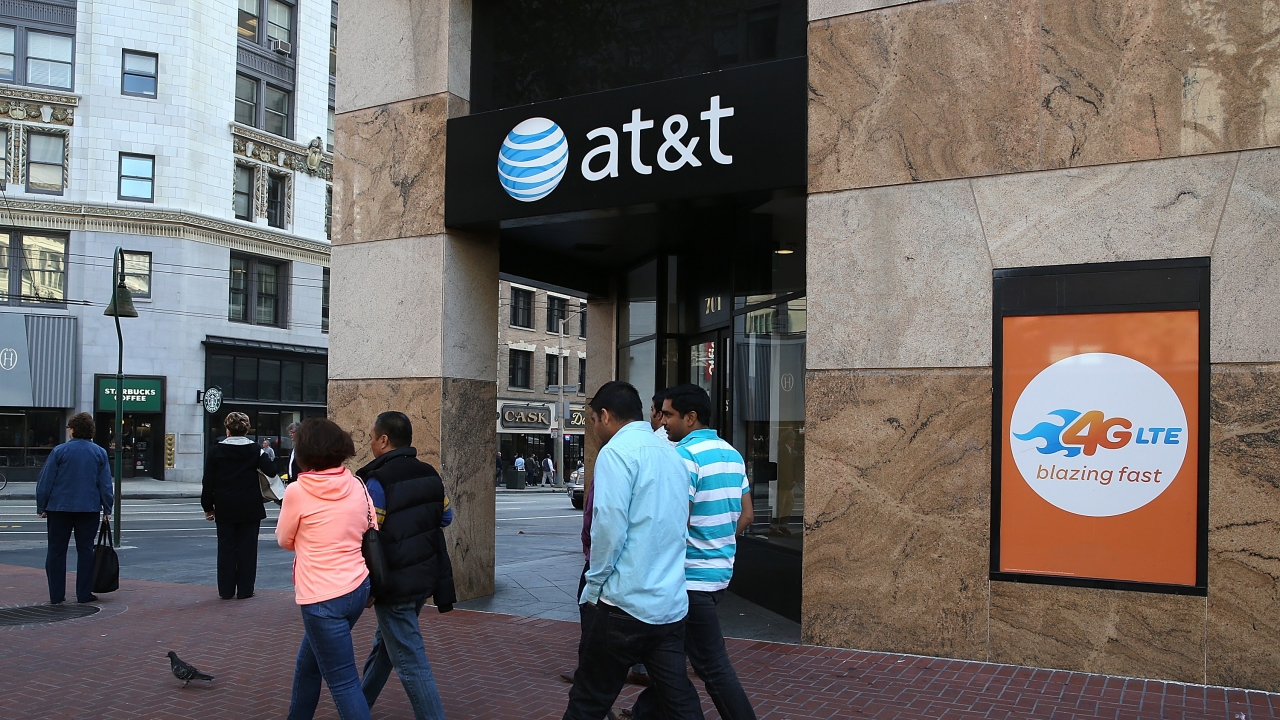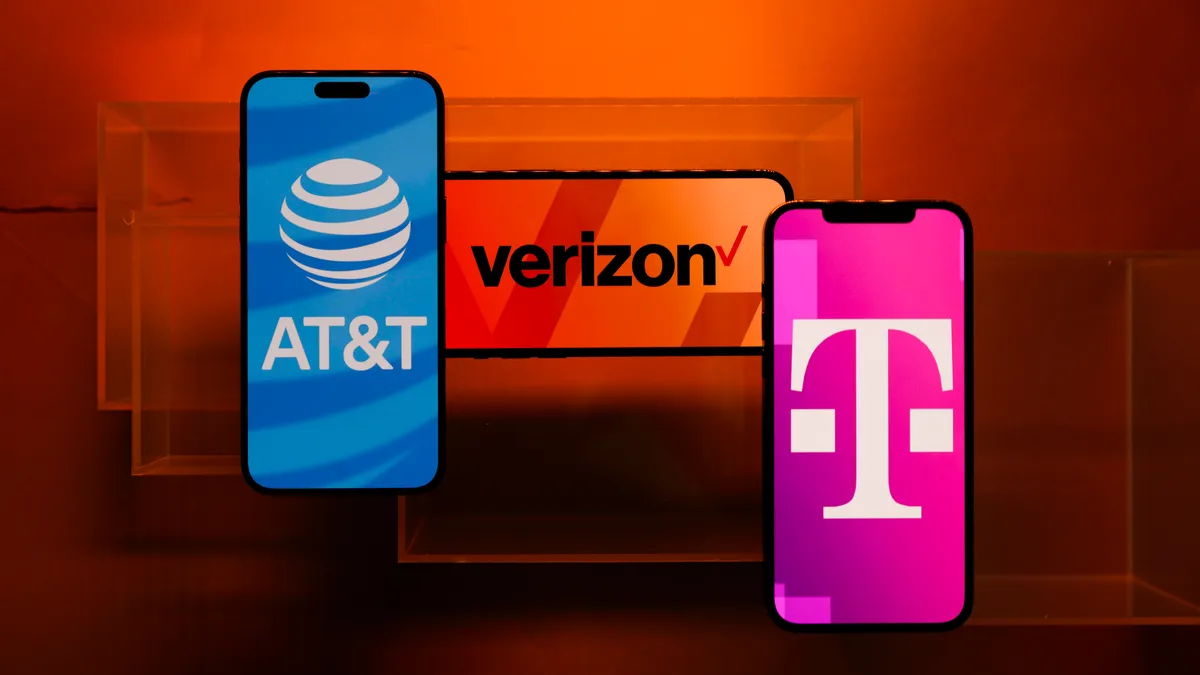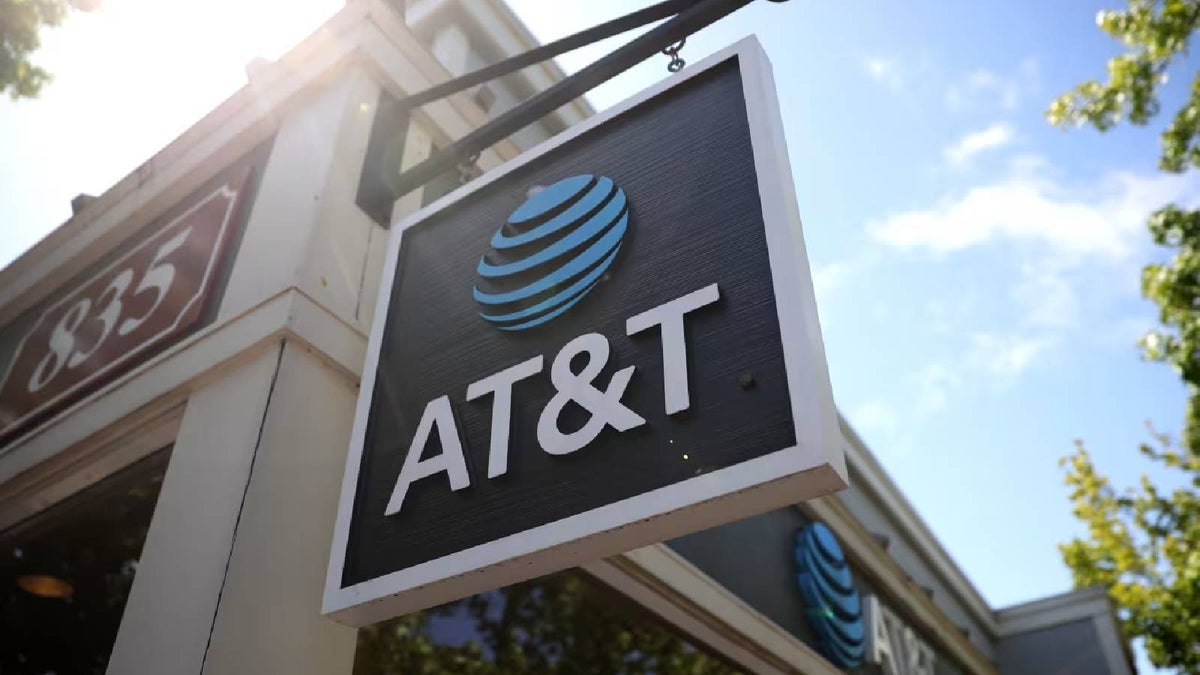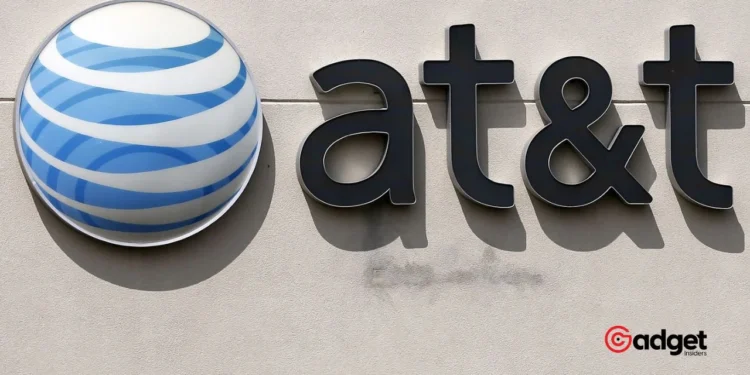In a bold move that underscores the ongoing tension between privacy advocates and telecom giants, AT&T has announced its decision to appeal a substantial $57 million fine levied by the Federal Communications Commission (FCC).
This fine is part of a broader crackdown that saw Verizon and T-Mobile also facing hefty penalties, amounting to $47 million and $92 million respectively, the latter including a fine to Sprint. This series of punitive measures stems from an extensive four-year investigation that revealed a disturbing practice among these carriers: selling customers’ location data without their consent.

The Investigation Unveils a Disturbing Trend
According to the FCC, the practice involved sharing sensitive location data with third-party aggregators who then used this information for targeted advertising purposes. This breach of trust has not only violated consumer privacy but has also sparked a major debate on the ethical implications of data handling by major carriers.
The FCC’s investigation pointed out that the data was often used to send consumers targeted ads that were disturbingly precise. For instance, passing by a shoe store could immediately trigger a personalized discount coupon for shoes, an example of the invasive use of personal data.
AT&T, Verizon, T-Mobile hit with $200M FCC fine for sharing user location data without consenthttps://t.co/nnpQXk7aGW pic.twitter.com/7jfwdrIlqP
— skein_dubh (@skein_dubh) April 30, 2024
Jessica Rosenworcel, the chairwoman of the FCC, has been vocal in her criticism of the carriers, labeling the unauthorized sale of location data as a failure to “protect the information entrusted to them.” She emphasized that such practices blatantly violate Section 222 of the Communications Act, which is designed to safeguard consumer privacy.

AT&T’s Stance and the Industry’s Reaction
In its defense, AT&T has countered the FCC’s decision, deeming the fine “arbitrary, capricious, and contrary to the law.” The telecom giant argues that the location data in question does not qualify as “customer proprietary network information” under the Communications Act, thus believing their actions were within legal boundaries. The appeal, filed with the Fifth Circuit, not only challenges the FCC’s ruling but also sets the stage for a potentially landmark decision regarding the privacy of consumer data in the telecommunications sector.
Notably, AT&T is not alone in its quest to overturn the fines. Both Verizon and T-Mobile have indicated plans to file their appeals, which signals a significant pushback from the industry against regulatory measures. The outcomes of these appeals are eagerly anticipated, as they are expected to set important precedents for how customer data is managed and protected.

Telecom Giants’ Legal Battle: Shaping Privacy Amid Hefty Fines
This legal battle goes beyond mere corporate defiance. It highlights a critical junction in the evolution of digital privacy norms and the responsibilities of telecom providers. With increasing consumer awareness and demand for data protection, the pressure on these companies to uphold high ethical standards is intensifying. As this case unfolds, it will likely influence not only future regulatory frameworks but also how telecom companies engage with their customers in an increasingly connected world.
As we continue to navigate the complexities of digital privacy, the actions of AT&T and its counterparts will undoubtedly play a pivotal role in shaping the landscape of consumer rights in the digital age. The industry, regulators, and privacy advocates will be watching closely, knowing that the stakes are as high as the potential repercussions for privacy infringements.










